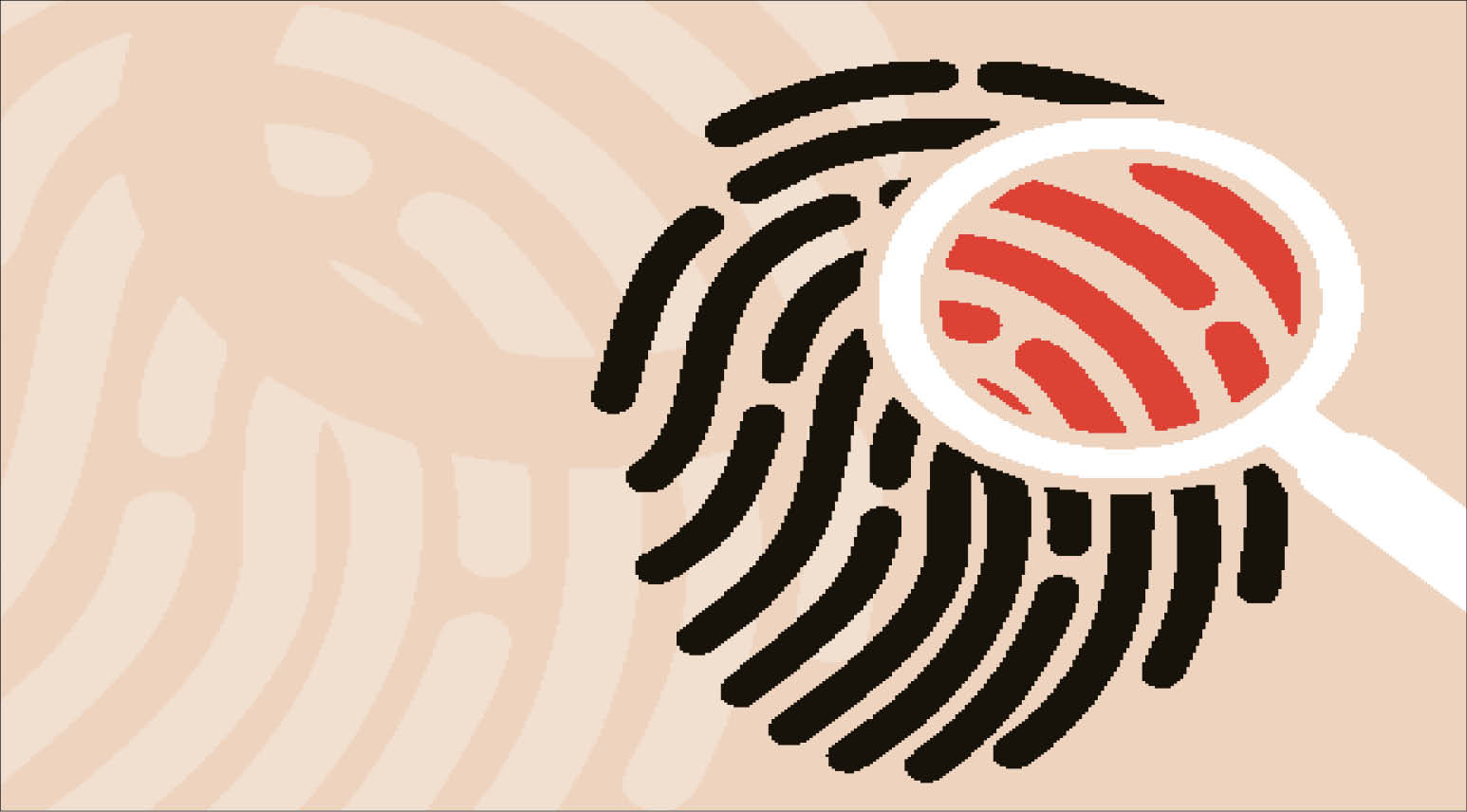When the Investigation is Worse than the Crime
When he was our editorial board chairman, Malam Mahmud Jega told us a story of a lady caught cheating during an end of semester examination…

When he was our editorial board chairman, Malam Mahmud Jega told us a story of a lady caught cheating during an end of semester examination in the university. My memory is not as good as Malam Jega’s but let me share what I remember of the case.
The student had written some answers on her thighs. Therefore, a lecturer who was invigilating the class caught her copying from the aforementioned body parts.
- 1 in 3 women face abuse from partners – NHRC
- ‘Domestic violence wreaking havoc on Nigeria’s economy’
During investigations, another female student was asked to go with the accused into a room to check if there were answers written on the thighs as the lecturer claimed. The female student went in, came out and said that she didn’t see anything. Furious, the lecturer lifted her clothes up to prove his claim.
Wahala!
The case became complicated and was escalated to the senate. When the facts of the case were counted and it was mentioned that the lecturer lifted the lady’s skirt to prove that she indeed cheated, the university vice chancellor said that the case was no longer that of exam malpractice but of a teacher violating his student.
And unfortunately, that was the end of the lecturer’s career with the university.
“Did he lift her skirt up?” became the important question rather than “did she cheat?” Accordingly, it wasn’t the girl that was expelled but the man who was kicked out.
I was reminded of this story by a malpractice case that I was invited to adjudicate today. It also reminded me that we can be right and be wrong at the same time.
The unfortunate teacher should have waited for a female colleague. If he couldn’t find any, he should have let the student go. Because sometimes, the process of proving that we are right can be worse than the infraction we are fighting.
That is why the police have a mantra that says “it is better to allow many criminals escape than kill one innocent person.” I know they don’t follow the principle themselves but it is a good sentiment and nearer to the law.
But like the lecturer, we are all susceptible to bouts of self-righteousness – even the best of us.
I remember a story told of Umar (RA) who caught some people drinking alcohol by looking over a fence. But the culprits faulted his method of “catching” them by declaring that they hid in private while sinning, but Umar was trying to remove the cover that God had given them.
The Caliph immediately recognised that he employed an illegal method and let them be.
So this is a message to teachers invigilating exams this week: use legal means to fish out the cheats. Or let them go.
A Simple Way to Revise with Kids
School children have either started their examination or are preparing to start soon. At least, that is the situation in Abuja. My son in secondary school has started and my daughter in the primary section is preparing to start.
And like most parents, we have to revise for the examination (at least) with my daughter who hasn’t been shipped to a boarding school like her brother.
Many parents find it difficult to tackle the task. First of all, they don’t know where to start. So I’ve decided to share a simple hack that my wife and I have been using for a while.
We take both the notebook and textbook of the subject and scan for classworks and assignments given to the child during the term. We simply ask the child to do them again in a different book. When done, we give feedback and then ask them to do the correction. That’s all! We then move to another subject.
If there are not enough classworks and assignments, we create practice questions from the notes. This means that we don’t ask the child to read her book. Because we believe that reading is a waste of time as a strategy for exam preparation.
So what is the result after using this method for a few years? We noticed that for the subjects that we adopt this method, the child usually does well. But because it may be time consuming, we don’t get to do that for all subjects. Sometimes, the parents simply don’t have enough time to do what is required of them. But we do our best.
